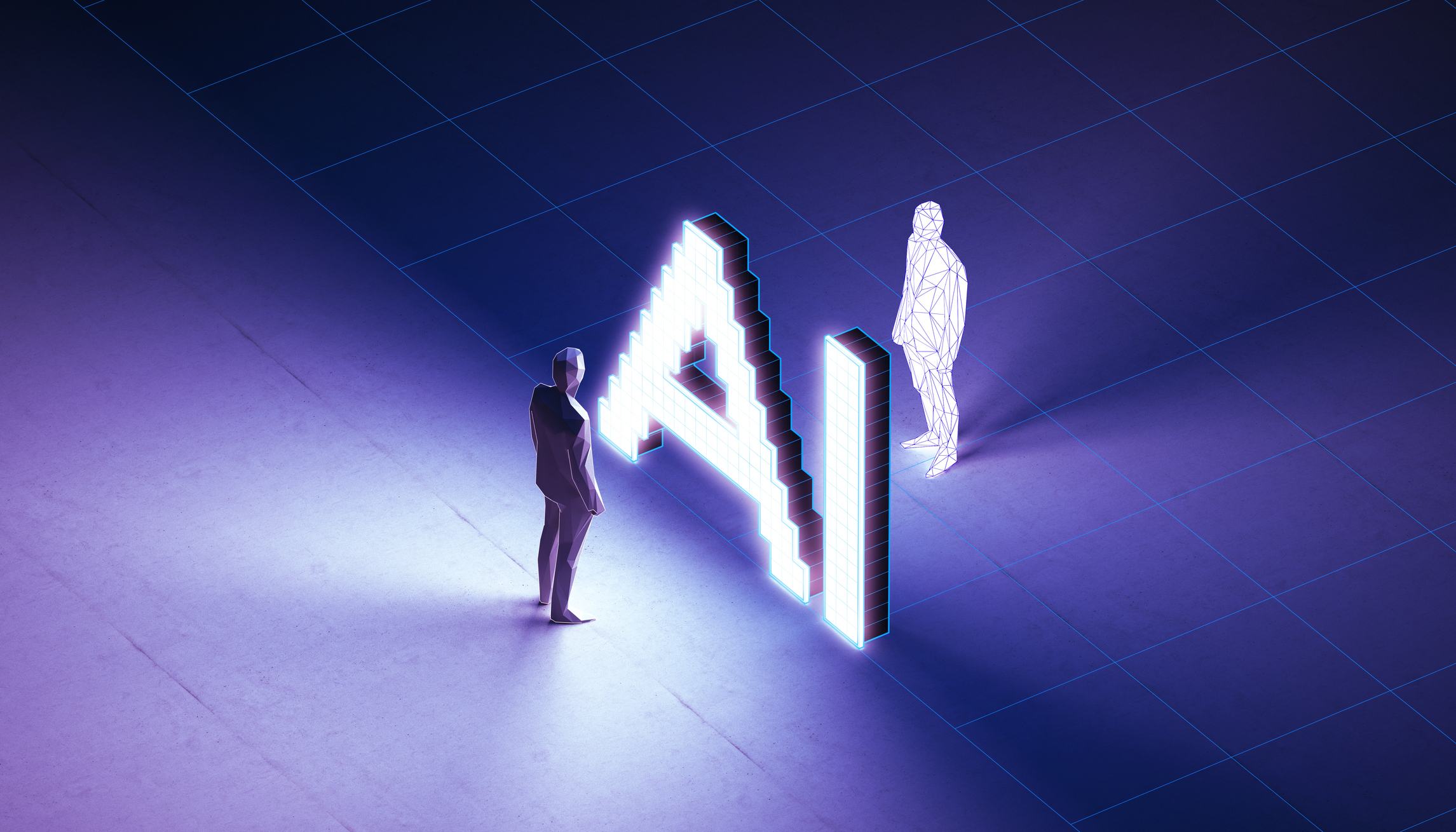In recent years, there have been numerous reports in the media about the potential dangers posed by Artificial Intelligence (AI) and its use by cyber criminals to create new attack techniques. However, upon closer inspection, it becomes apparent that these concerns may be somewhat exaggerated.
It is a common misconception that AI systems possess true intelligence. While tools like Google Bard and ChatGPT can definitely streamline certain tasks and boost efficiency, they still require human intervention to function effectively. This means that cyber criminals cannot simply instruct an AI tool to carry out sophisticated criminal activities like hacking into the Federal Reserve. However, they can utilize AI to generate computer code for specific tasks, including malicious activities.
Despite the limitations of AI intelligence, criminals are indeed leveraging the technology to enhance their existing techniques. For example, hackers can now use AI to craft phishing emails that are more convincing and sophisticated than ever before. By eliminating spelling errors and grammar mistakes, AI-powered phishing messages can trick unsuspecting individuals more effectively, increasing the success rate of such campaigns.
Another tactic employed by cyber criminals involves attacking the Large Language Models that underpin many public AI systems. Through a method known as “prompt engineering,” hackers can manipulate these systems into divulging sensitive personal information. This form of data theft is much simpler than breaching a well-protected corporate network, highlighting the importance of exercising caution when sharing personal data with AI models.
Furthermore, criminals may resort to AI “poisoning” to disrupt AI systems by feeding them corrupted data along with legitimate input. This can lead to faulty outputs and unreliable results, as demonstrated by Google’s Bard model providing erroneous advice to users due to training on flawed data from Reddit. The potential for corrupting AI models through malicious input data poses a significant threat to their reliability and integrity.
While AI has yet to revolutionize the cybercrime landscape, there is a possibility that as AI models become more advanced, criminals could exploit them to create unprecedented threats. However, AI developers are actively addressing these risks and working on strategies to mitigate potential vulnerabilities before they can be exploited by malicious actors.
In conclusion, the intersection of AI and cybercrime presents challenges and opportunities for both defenders and attackers. As technology continues to evolve, it is crucial for stakeholders to stay vigilant and proactive in addressing emerging risks and safeguarding against potential threats posed by the misuse of AI in criminal activities.


